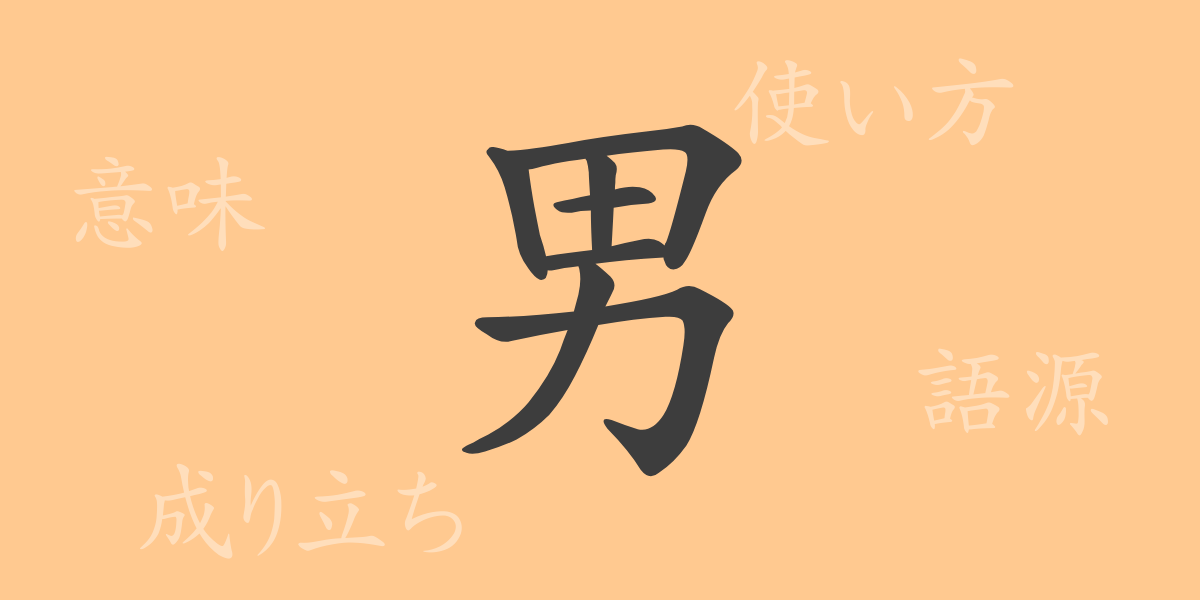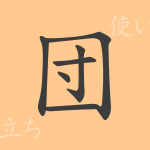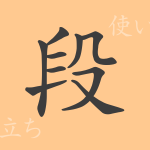Kanji characters, each imbued with its own unique history and meaning, are more than just symbols. ‘男’ (おとこ) (otoko), a common Kanji in Japanese, signifies men and is deeply ingrained in our daily lives. This article explores the origins, meanings, usage, and the various expressions and idioms associated with ‘男’.
Origins of ‘男’ (おとこ) (otoko)
The Kanji ‘男’ originated in ancient China, combining the symbol for ‘field’ (田) and ‘strength’ (力), reflecting the role of men in agricultural society. This combination symbolized strength and productivity, evolving over time to represent men in general.
Meaning and Usage of ‘男’ (おとこ) (otoko)
‘男’ typically refers to adult males and also conveys attributes like masculinity and bravery. It’s commonly used in contexts referring to gender, as seen in terms like ‘男らしい’ (masculine), ‘男子’ (boys or men), and ‘男性’ (male).
Readings, Stroke Count, and Radical of ‘男’ (おとこ) (otoko)
The Kanji ‘男’ has several key features:
- Readings: On’yomi ‘ダン’ (Dan), Kun’yomi ‘おとこ’ (otoko)
- Stroke Count: A total of 7 strokes
- Radical: 田 (た、でんぶ) (ta, denbu)
Phrases and Proverbs Using ‘男’ (おとこ) (otoko) and Their Meanings
‘男’ appears in various idioms and phrases, each enriching the Japanese language with its unique implications:
- ‘男性’ (だんせい) (dansei): Refers to an adult male.
- ‘男子’ (だんし) (danshi): Means a boy or men in general.
- ‘男勝り’ (おとこまさり) (otokomasari): Describes a woman who is as strong as a man.
- ‘男心’ (おとこごころ) (otokogokoro): Pertains to the psychological or emotional traits unique to men.
- ‘男前’ (おとこまえ) (otokomae): Describes a man who is handsome or has manly demeanors.
These terms not only refer to males but also describe characteristics and behaviors.
Summary on ‘男’ (おとこ) (otoko)
The Kanji ‘男’ embodies more than just a marker of gender; it reflects ancient societal structures and values, still resonant today. Through idioms and phrases, we gain insight into the diverse aspects of ‘男’, appreciating the depth of language. This article hopefully deepens your understanding of the rich history and meanings behind the Kanji ‘男’.

























